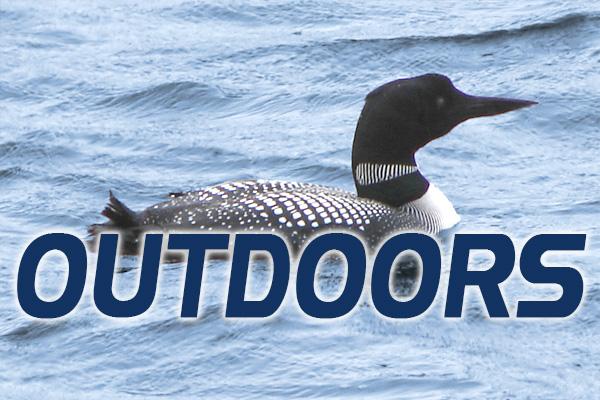MICHIGAN DNR
Springtime in Michigan marks the arrival of babies. It’s an exciting time of new beginnings, particularly for wildlife. As baby birds, rabbits and deer start to make their grand entrance, it’s important to be respectful and mindful of their space.
All wild mothers have strategies for how to best raise and protect their babies. If you come across young wildlife, do your part by simply leaving them alone. They may look abandoned, but mom is just away avoiding scary predators – like you – until it’s time to feed them again.
An egg-citing surprise. Bird nests are found in all kinds of places, so don’t be surprised to find one in a flowerpot, downspout or elsewhere in your backyard. Mallard ducks often build nests in unexpected places near people in cities and suburban neighborhoods. The mother duck will lead her ducklings to water soon after they hatch. If you spot a nest, be a good neighbor: Leave it alone and keep pets and children away. Remember, too, that bird nests and eggs are protected under federal law. It is illegal to touch, move or possess any part of the nest or eggs without the proper permit.
Watch your step. A mother deer’s best survival strategy for her fawn is to leave it unattended for several hours a day. She might leave the fawn near your home, or you may stumble upon it in your backyard, garden or patio. These babies are not forgotten; the mother carefully selects a location and
will return periodically to feed her baby. By staying away, she avoids drawing attention to its hiding place. Young fawns have exceptional camouflage, almost no scent and remain still, making it difficult for predators to spot them. If you find a fawn – don’t touch it. Admire it quietly from a distance to increase its chance of survival.
Only licensed wildlife rehabilitators may possess abandoned or injured wildlife. Unless someone is licensed, it is illegal to possess a live wild animal, including deer, in Michigan. Find more tips about springtime wildlife at Michigan.gov/Wildlife or contact the DNR Wildlife Division at 517-284-9453.


